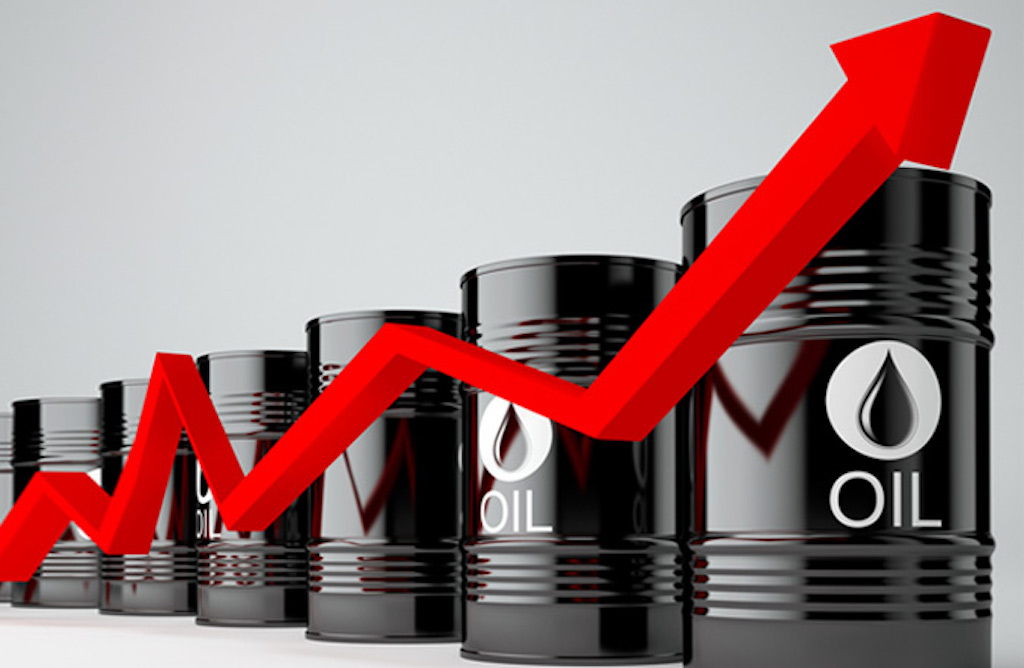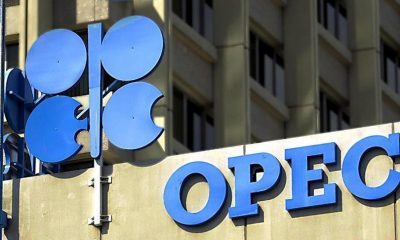Nigeria has maintained its position as Africa’s top crude oil producer in the month of October, according to the monthly oil market report from the Organization of Petroleum Exporting Countries (OPEC) which was released today, November 13, 2023.
According to the report, oil production figures aside from condensate production from the top four oil producers in Africa were stated as follows: Nigeria – 1.35 million barrels per day ; Libya – 1.18 million barrels per day ; Angola – 1.14 million barrels per day and Algeria – 961,000 barrels per day.
According to secondary sources, total OPEC-13 crude oil production averaged 27.90 million barrels per day in October 2023, higher by 80 thousand barrels per day month-on-month. Crude oil output increased mainly in Angola, Iran and Nigeria, while production in Libya, Saudi Arabia and Kuwait decreased.
In the latest OPEC report, the world’s forecast for oil demand growth in 2023 has seen a slight increase, now standing at 2.5 million barrels per day.
READ ALSO: SERAP drags Tinubu to court over missing $15bn oil revenue, others
Despite robust market fundamentals, the report highlights a recent decline in oil prices. This downward trend is primarily attributed to significant reductions in net long positions by financial market speculators throughout October.
Also, the OPEC report shed light on Nigeria’s escalating inflationary pressure, primarily stemming from the removal of petrol subsidies and the devaluation of the naira.
This resulted in a notable acceleration in the pace of inflation, with the rate spiking to 26.7% in September, a significant rise from August’s 25.8%.
It is also important to note that according to the OPEC report, the demand for OPEC crude in 2023 has held steady at 29.1 million barrels per day, showing a modest increase of 0.6 mb/d compared to 2022.
The report further provides a quarterly breakdown of OPEC crude production against demand.
In the first quarter of 2023, OPEC crude production reached 28.8 mb/d, surpassing demand by 0.4 mb/d. Moving to the second quarter, OPEC crude production slightly decreased to 28.3 mb/d, falling below demand by 0.1 mb/d.
The third quarter witnessed a more substantial reduction, with OPEC crude production averaging 27.6 mb/d, lagging demand by 1.0 mb/d.
Looking ahead to 2024, the demand for OPEC crude remains unchanged at 29.9 mb/d, indicating a rise of 0.8 mb/d compared to the estimated 2023 level.
Additionally, the report underscores a noteworthy development regarding petrol exports from Europe to West Africa.
Following the removal of petrol subsidies in Nigeria, these exports reportedly declined by approximately 28%.
This decline was attributed not only to reduced refinery output during maintenance but also to a notable drop in demand, leading to substantial stock increases in the Atlantic Basin.

 Entertainment1 week ago
Entertainment1 week ago
 Entertainment5 days ago
Entertainment5 days ago
 Comments and Issues1 week ago
Comments and Issues1 week ago
 Comments and Issues1 week ago
Comments and Issues1 week ago
 Comments and Issues1 week ago
Comments and Issues1 week ago
 Health7 days ago
Health7 days ago
 Health3 days ago
Health3 days ago
 Football7 days ago
Football7 days ago













